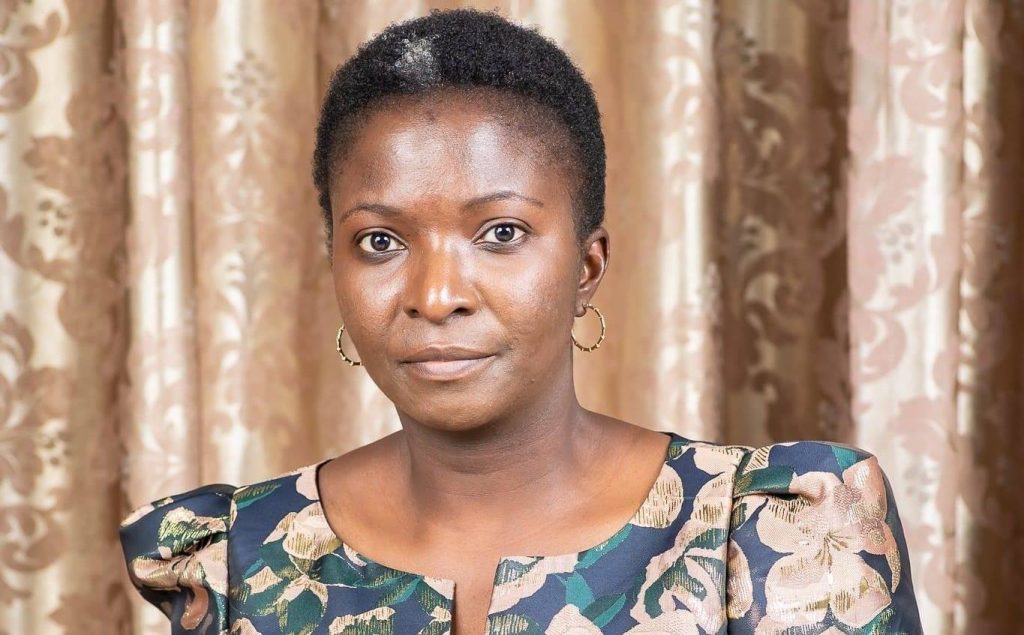Assent liberates ACB
With the amended Corrupt Practices Act (CPA), legal minds say the Anti-Corruption Bureau (ACB) can proceed to prosecute even cases which consent was not previously granted.
This fresh argument follows the President’s assent to the controversial, but much awaited, corrupt practices (Amendment) Bill which allows the bureau to prosecute CPA offences without seeking consent from the Director of Public Prosecutions (DPP).

This is among seven Bills, passed in the last meeting of Parliament, which President Lazarus Chakwera has assented to.
Based on the legal principle that the law does not, usually, apply retrogressively, legal experts were questioned on what this amendment means to the ACB which has publicly complained of failing to secure consent from the DPP, especially in cases alleged to be connected with United Kingdom-based businessperson Zunneth Sattar.
In an interview, private-practice lawyer Justin Dzonzi said this new law gives the ACB the liberty to take to court even cases which consent was not granted.
Dzonzi said: “I mean these are cases that were never taken to court so the ACB, using internal mechanisms, can take advantage of the new provision to prosecute them. Mind you, these are criminal matters. I also think even in a case where consent was denied, but the bureau believes there is sufficient evidence to prosecute, they can still proceed. That is how I understand this amendment”.

He also said he is happy that the development allows the bureau to operate without unnecessary roadblocks and bureaucracy.
“The intention of having the DPP grant consent was good, but in reality this has been abused. Due to this abuse of a well-meaning provision there was need for this amendment. Now the onus is on the bureau to prove a point. They have been granted full independence and, therefore, we expect them to perform better than before” said Dzonzi.
Another lawyer Patrick Mpaka, who is also president of Malawi Law Society, said the law, usually, does not operate backwards, thus the ACB has opportunity to prosecute cases that were stuck due to lack of consent.
He argued: “If there is a case which required consent and was stuck because of that, what this particular law would entail is that those cases will now be pushed through the court system. If ACB deems it fit. If a case had not started yet due to lack of consent this law when fully processed saves the situation for ACB to decide what to do.”
There has been bad blood between the DPP and the ACB over granting of consent.
The ACB has openly accused the office of the DPP of ‘lack’ of interest to grant them consent to prosecute cases, especially those related to investigations of businessperson Zunneth Sattar.
This attracted public debate with some section of the society proposing an amendment to the CPA to stop the ACB from seeking consent.
This is what prompted Likoma legislator Ashem Songwe to move a private member’s bill to amend the Act and remove a provision which requires ACB to seek consent from the DPP.
This, parliamentarians in support of the Bill argued, would grant the ACB autonomy in its operations.
President Lazarus Chakwera, too, is likely to earn praise for assenting to this Bill as it demonstrates his administration’s willingness to fight corruption.
The ACB is currently investigating Sattar who is alleged to have bribed scores of public and private officials in Malawi.
ACB principal public relations officer Egrita Ndala said as a bureau they follow laws and they will do so with the new law.
According to a report submitted to Chakwera by the ACB, at least 85 officials from Malawi recieved various gifts from Sattar and the bureau is currently working to establish if corruption occured.
Based on the same the President withheld delegation of powers to his Vice Saulos Chilima who is also named in the report. Chakwera also fired Inspector General of Police George Kainja and suspended both Chief of Staff Prince Kapondamgaga and Public Procurement and Disposal of Assets Authority chairperson John-Suzi Banda.





